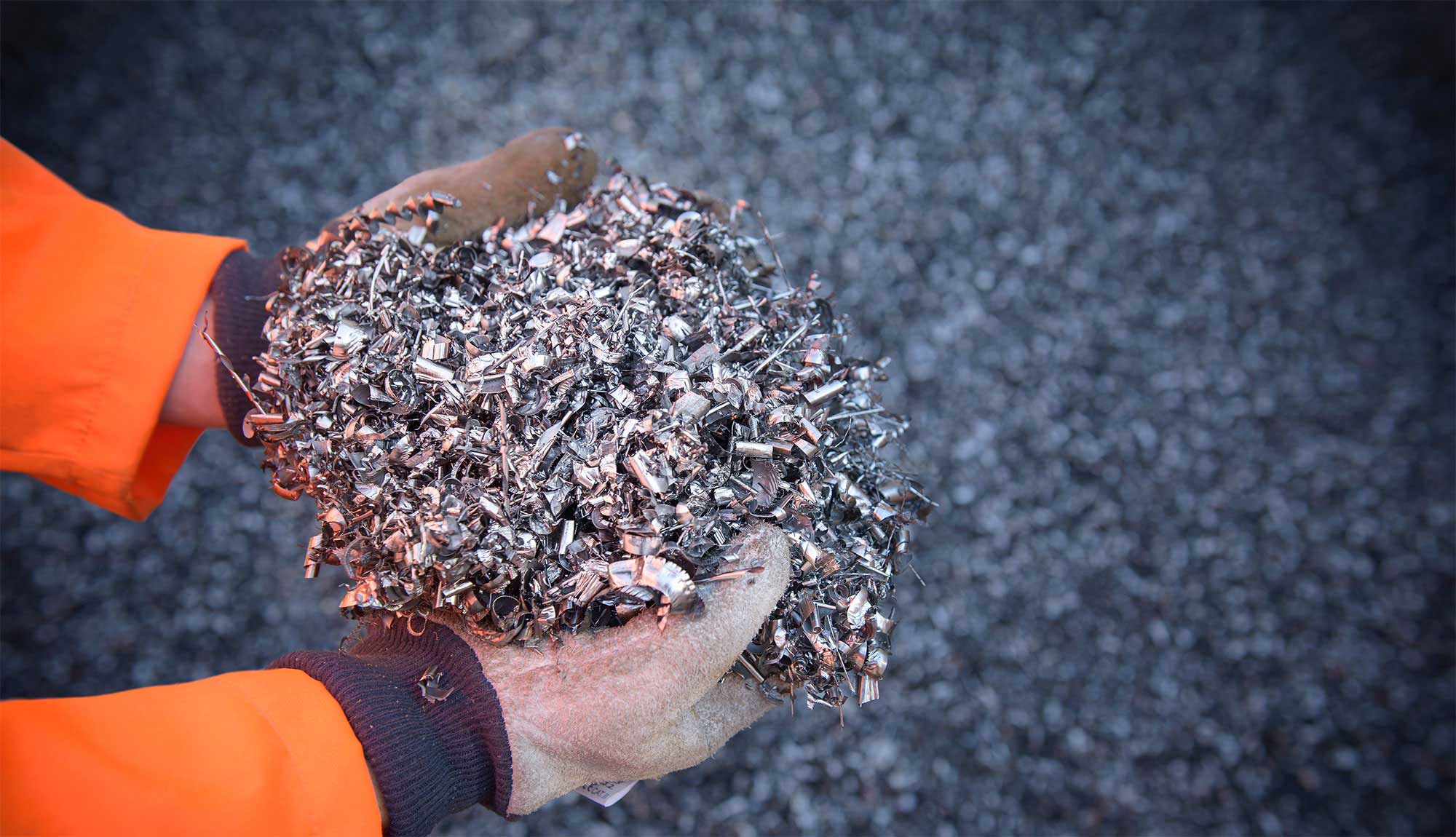
Introduction
The modern world is witnessing a surge in environmental awareness, with recycling playing a pivotal role in sustainable living. Understanding the intricate journey of a scrap item can enhance our appreciation for the recycling process and its significance.
From Collection to Sorting
The recycling journey begins with the collection of various materials. Recycling centers then take charge, employing advanced sorting mechanisms to categorize materials efficiently. This step ensures a streamlined process downstream.
Shredding and Breaking Down
Once sorted, materials undergo shredding, breaking them into manageable pieces. This crucial step facilitates the subsequent phases of the recycling process by preparing materials for further transformation.
Cleaning and Washing
Cleanliness is a key aspect of recycling. Materials are meticulously cleaned and washed to remove impurities. This step is essential for producing high-quality recycled products.
Melting and Remolding
Melting is a transformative stage in recycling. Materials like metals are melted down, allowing for the creation of new products. Remolding follows, shaping the molten material into usable forms.
Challenges in the Recycling Process
Despite the merits of recycling, challenges abound. Issues such as contamination and inefficient sorting systems pose hurdles. Implementing innovative solutions is crucial for overcoming these challenges.
Environmental Impact of Recycling
Recycling significantly contributes to environmental conservation. The energy saved through recycling and the reduction in greenhouse gas emissions showcase the positive impact on our planet. Comparisons between recycled and non-recycled products further emphasize the benefits.
Innovations in Recycling
Technological advancements are revolutionizing recycling. From advanced sorting algorithms to breakthroughs in material science, innovations are paving the way for a more efficient and sustainable recycling industry.
The Role of Individuals in Recycling
Individual actions matter in the grand scheme of recycling. Adopting responsible practices at home, such as proper sorting and disposal, contributes to the overall success of recycling initiatives.
Economic Benefits of Recycling
Beyond environmental gains, recycling holds economic advantages. Job creation, revenue generation, and cost savings in manufacturing underscore the financial benefits of recycling.
Case Studies: Successful Recycling Initiatives
Examining successful recycling initiatives offers insights into effective strategies. Communities and industries with thriving recycling programs serve as inspirations for others looking to make a positive impact.
Educating the Masses: The Importance of Awareness
Promoting recycling awareness is crucial. Educational campaigns play a pivotal role in informing the public about the benefits of recycling and encouraging responsible practices.
Overcoming Myths and Misconceptions
Dispelling myths surrounding recycling is essential for fostering a positive attitude. Addressing misconceptions about the efficacy of recycling methods ensures a more informed and supportive public.
Government Policies and Recycling Regulations
Governmental policies shape the landscape of recycling. Strict regulations are necessary to ensure compliance and promote responsible recycling practices.
Conclusion
The journey of a scrap through the recycling process is intricate and impactful. From collection to remolding, each step contributes to a sustainable and eco-friendly cycle. Understanding and supporting this process is essential for a greener future.
FAQs
- Is recycling really beneficial for the environment? Recycling significantly reduces energy consumption and greenhouse gas emissions, making it a vital practice for environmental conservation.
- How can individuals contribute to recycling efforts at home? Sorting recyclables properly, reducing waste, and participating in local recycling programs are effective ways for individuals to contribute.
- Are there any downsides to recycling? While the benefits of recycling are substantial, challenges such as contamination and inefficient systems can hinder the process.
- What role do innovations play in the recycling industry? Technological advancements enhance efficiency, improve sorting processes, and contribute to the overall sustainability of recycling.
- How can governments promote better recycling practices? Governments can implement strict regulations, incentivize recycling initiatives, and invest in infrastructure to bolster responsible recycling.
